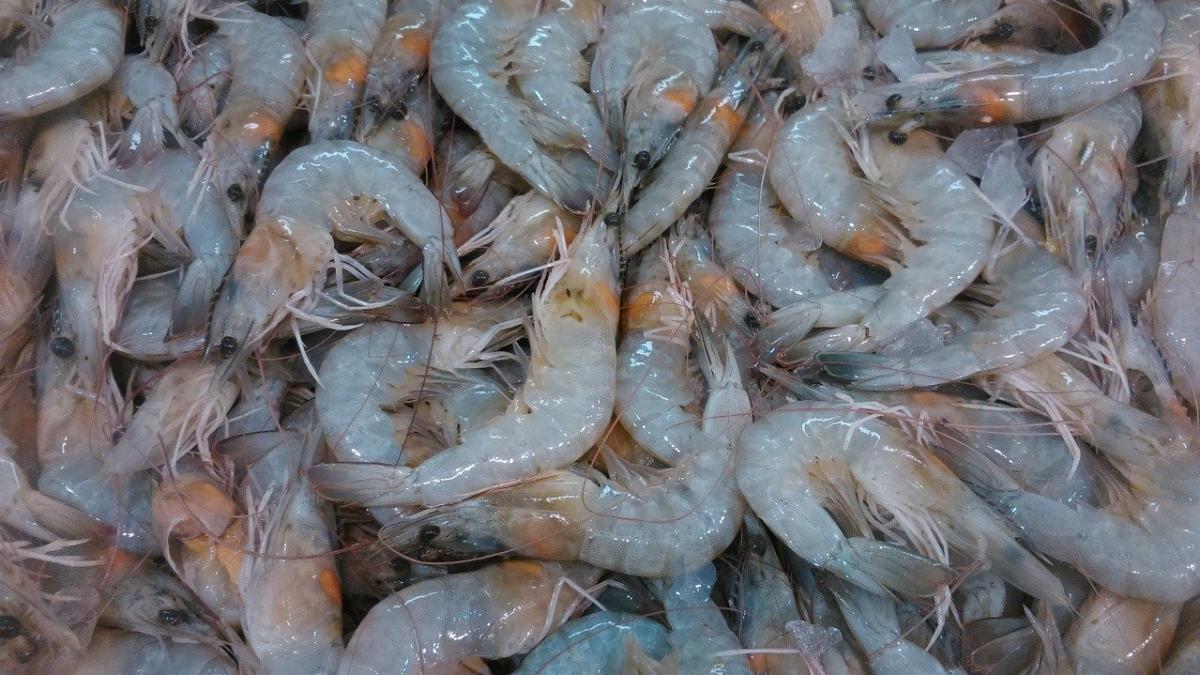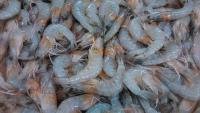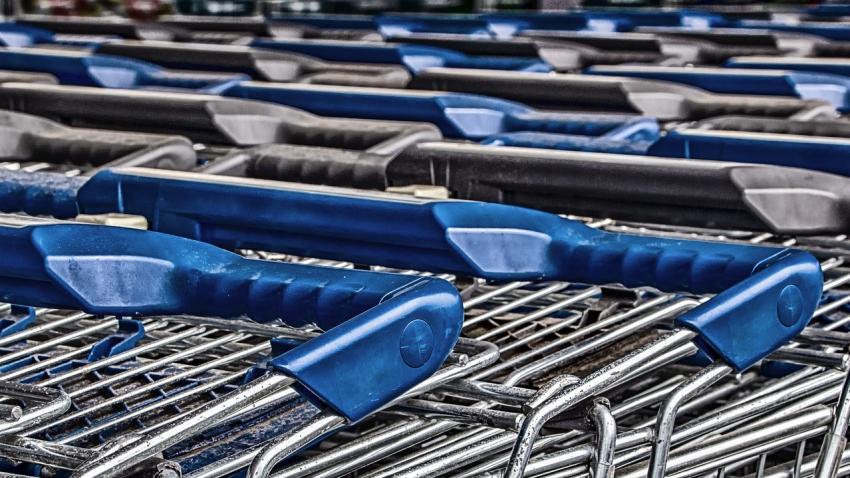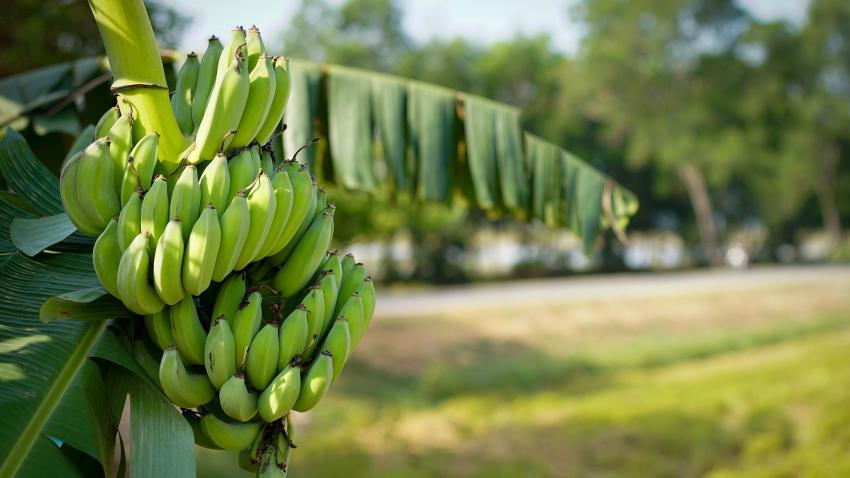You are here
Back to topEcuadorian Shrimp Test Positive for Coronavirus

On July 16, positive SARS-CoV-2 test results were obtained for samples taken from shipping container inner walls as well as the outer packaging of three batches of frozen Ecuadorian whiteleg shrimp in Dalian and Xiamen. Consequently, several other locations throughout China heightened their testing procedures for food products. As of July 16, samples taken from the outer packaging of frozen Ecuadorian shrimp in Chongqing, Jiangxi and Yunnan had all successively come back positive. Fortunately, no related cases of people being infected have yet been reported, and all of the sites involved have been locked down and disinfected.
Earlier on July 10, China’s General Administration of Customs, the National Health Commission and the State Administration for Market Regulation made a nationwide announcement requiring the emergency disposal of certain frozen shrimp originating from Ecuador. The qualifications for three registered Ecuadorian enterprises have also been suspended, and their imported goods have been blocked, returned or destroyed.
Although there is currently a lack of evidence to support the transmission of the novel coronavirus from contaminated food to humans, the positive samples do indicate that the food safety measures employed by some enterprises may be inadequate, leading to a risk of contamination of packaging and shipping containers.
According to Bi Kexin, director of the GAC’s Bureau of Import and Export Food Safety, the increased SARS-CoV-2 testing for refrigerated food products has not affected normal international trade, although it remains an important preventative measure to ensure that the coronavirus does not make its way into the country via refrigerated food imports and is in compliance with sanitary and phytosanitary measures set by the World Trade Organization as well as Chinese law. Such measures were taken to protect people’s health.
Wu Zunyou, a leading infectious disease expert at the Chinese Center for Disease Control and Prevention, noted that although the positive samples demonstrate that the virus can potentially enter the country by way of imported seafood, the issue of whether this could lead to a new outbreak requires further investigation. He further indicated that frozen items in particular should undergo heightened testing or simply not be imported at all, especially from countries currently experiencing an outbreak.
At a press conference regarding coronavirus prevention work in Beijing on July 12, Pang Xinghuo, vice chairman of the Beijing Center for Disease Prevention and Control, reminded people to wear single-use gloves or cover their hands with single-use plastic bags prior to handling fresh produce, meats or other fresh items at the market, rather than directly touching them. Furthermore, after returning home, people should immediately wash their hands to avoid contaminating their home.
Image: Pixabay
This article was translated from Chinese. Read the original article.















Add new comment